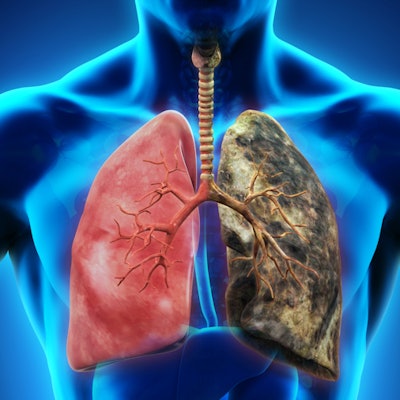
The International Association for the Study of Lung Cancer (IASLC) plans to release a report detailing the global obstacles to lung cancer screening in low- and middle-income countries.
The report is being prepared by the association's early detection and screening committee, which includes members from six low- and middle-income countries (Brazil, China, Colombia, India, Serbia, and South Africa) and 11 members from high-income countries (Canada, Germany, Hungary, Italy, Spain, South Korea, the U.K., and the U.S.). The document will compare lung cancer incidence and mortality by stage at diagnosis among the countries.
Thus far, the committee has found that three of the low- to middle-income countries have structured lung cancer screening programs, and one has begun a pilot program. Factors that contribute to screening obstacles include politics, finances, and healthcare system overload, according to committee member Dr. Milena Cavic of the Institute for Oncology and Radiology in Belgrade, Serbia.
"Broader discussion on this matter is globally important, both for low- to middle-income and high-income countries," she said in a statement released by the IASLC. "Many countries are planning to introduce lung cancer screening, taking into account all the governmental, healthcare and population-specific parameters important for this delicate process, thus evidence-based guidelines are of utmost importance."




















